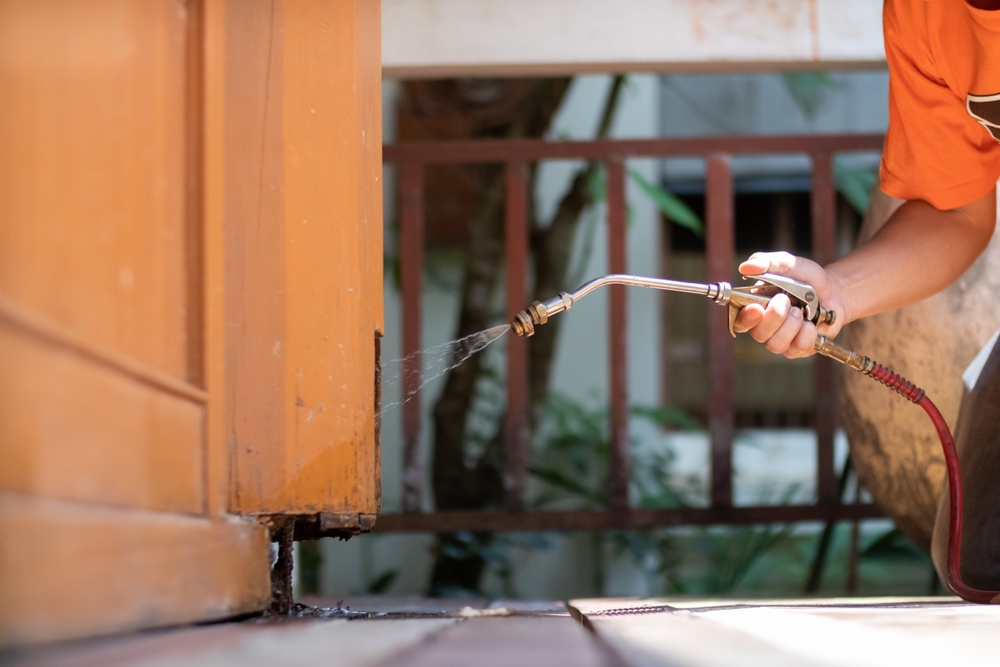How to Keep Your Outer Banks Vacation Home Pest-Free All Year Round

The Outer Banks, with its pristine beaches and scenic landscapes, is a dream destination for many vacation homeowners. However, the coastal environment can be inviting not just to humans but also to a variety of pests. From insects to rodents, these unwelcome guests can turn a tranquil getaway into a maintenance nightmare. To ensure your Outer Banks vacation home remains a peaceful retreat, it’s essential to implement effective pest control measures. Here’s how you can keep your vacation home pest-free all year round.
Understanding the Pest Problem
Common Pests in the Outer Banks
The Outer Banks’ unique ecosystem is home to a diverse range of pests. Common invaders include ants, mosquitoes, termites, and rodents. The warm, humid climate creates an ideal breeding ground for these pests, which can cause significant damage to property and pose health risks.
Seasonal Variations
Pest activity can vary with the seasons. For instance, mosquitoes are more prevalent in the warmer months, while rodents may seek shelter indoors during cooler weather. Understanding these seasonal trends can help in planning effective pest control strategies.
Preventive Measures
Regular Inspections
One of the most effective ways to keep pests at bay is through regular inspections. Check for signs of pest activity both inside and outside the home. Look for droppings, nests, and chewed materials. Early detection can prevent minor issues from becoming major infestations.
Sealing Entry Points
Pests often enter homes through small cracks and openings. Inspect your home’s exterior, including doors, windows, and foundation, for any gaps. Seal these entry points with caulk or weather stripping to keep pests out.
Proper Waste Management
Proper waste management is crucial in preventing pest infestations. Ensure that trash cans have tight-fitting lids and are emptied regularly. Compost bins should be kept away from the house, and any spills should be cleaned up promptly to avoid attracting pests.
Landscaping Tips
The way you maintain your yard can significantly impact pest control. Keep grass and shrubs trimmed, and ensure that trees do not touch the house, as they can provide a bridge for pests. Additionally, remove any standing water to prevent mosquitoes from breeding.
Indoor Pest Control Strategies
Maintaining Cleanliness
A clean home is less attractive to pests. Regularly vacuum floors, clean countertops, and wash dishes promptly. Pay special attention to the kitchen and dining areas, as food residue can attract ants and other insects.
Proper Food Storage
Store food in airtight containers to prevent pests from accessing it. This includes pantry items like grains and cereals, as well as pet food. Keep fruits and vegetables in the refrigerator when possible.
Dehumidifying
Many pests, such as termites and cockroaches, thrive in humid environments. Use dehumidifiers in damp areas like basements and bathrooms to reduce moisture levels. Repair any leaks promptly to prevent water accumulation.
Pest-Proofing Furniture and Fabrics
Inspect furniture and fabrics for signs of pests like bedbugs and moths. Wash and vacuum these items regularly. Consider using protective covers for mattresses and upholstered furniture to prevent infestations.
Outdoor Pest Control Measures
Using Natural Repellents
There are various natural repellents that can help keep pests away from your property. Planting herbs like basil, lavender, and mint around your home can deter mosquitoes and other insects. Essential oils, such as eucalyptus and tea tree oil, can also be effective when used in sprays.
Pest-Resistant Building Materials
When building or renovating your vacation home, consider using pest-resistant materials. Treated wood can help prevent termite damage, while metal and concrete structures are less susceptible to infestations.
Professional Pest Control Services
For persistent pest problems, it may be necessary to enlist the help of professional pest control services. These experts can provide comprehensive treatments that are tailored to the specific pests and conditions in your area. Regular maintenance visits can help keep your home pest-free throughout the year.
Long-Term Pest Management
Creating a Pest Control Plan
A proactive pest control plan is essential for long-term management. This plan should include regular inspections, preventive measures, and scheduled professional treatments. Keeping a record of pest activity and control measures can help in assessing the effectiveness of your plan.
Educating Occupants and Guests
Everyone who uses the vacation home should be aware of the pest control measures in place. Educate your family and guests about the importance of cleanliness and proper waste disposal. Providing information on how to identify and report pest activity can also be beneficial.
Sustainable Pest Control Practices
Sustainability is increasingly important in pest control. Opt for eco-friendly products and practices whenever possible. Integrated Pest Management (IPM) is a holistic approach that combines biological, mechanical, and chemical controls in a way that minimizes environmental impact.
Dealing with Specific Pests
Ants
Ants are a common problem in many homes. To prevent ant infestations, keep surfaces clean and free of food crumbs. Use ant baits and traps to control existing colonies. Sealing entry points and using natural repellents like vinegar can also help.
Termites
Termites can cause significant structural damage if left unchecked. Regular inspections for signs of termite activity, such as mud tubes and wood damage, are crucial. Professional treatments, including soil treatments and bait systems, can provide effective control.
Rodents
Rodents can carry diseases and cause damage to property. Keep them out by sealing entry points and maintaining cleanliness. Use traps and baits to control rodent populations. Professional pest control services can offer more advanced solutions if needed.
Conclusion
Keeping your Outer Banks vacation home pest-free requires a combination of preventive measures, regular maintenance, and professional services. By understanding the specific challenges posed by the local environment and implementing a comprehensive pest control plan, you can ensure that your home remains a safe and enjoyable retreat all year round. With vigilance and proactive management, you can protect your investment and enjoy peace of mind, knowing that your vacation home is free from unwelcome pests.
